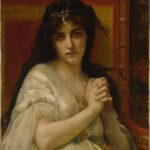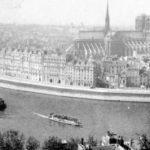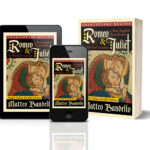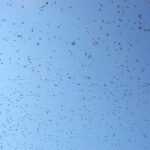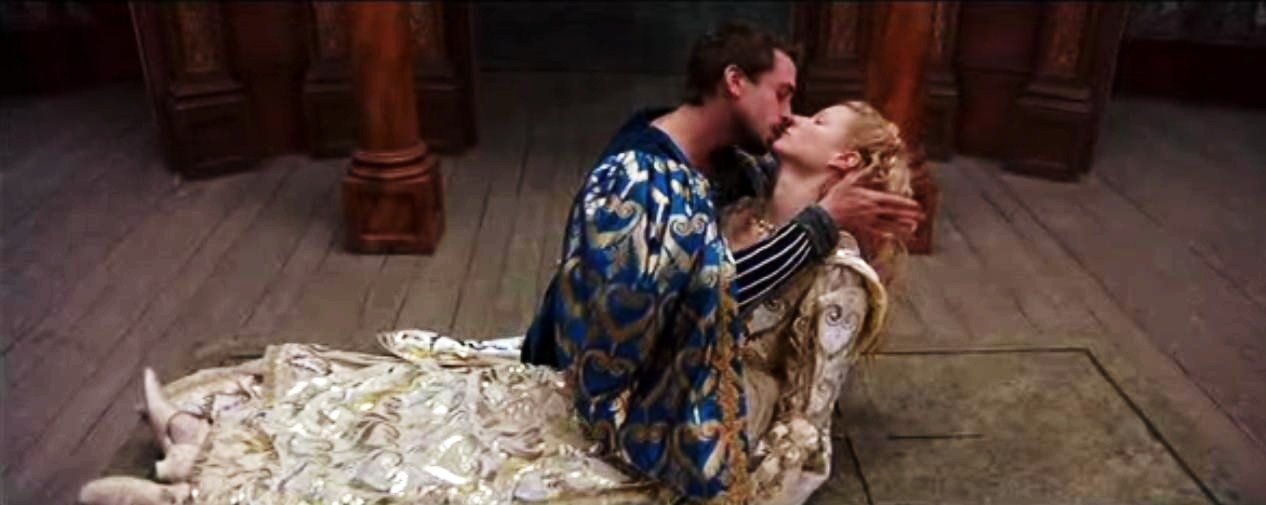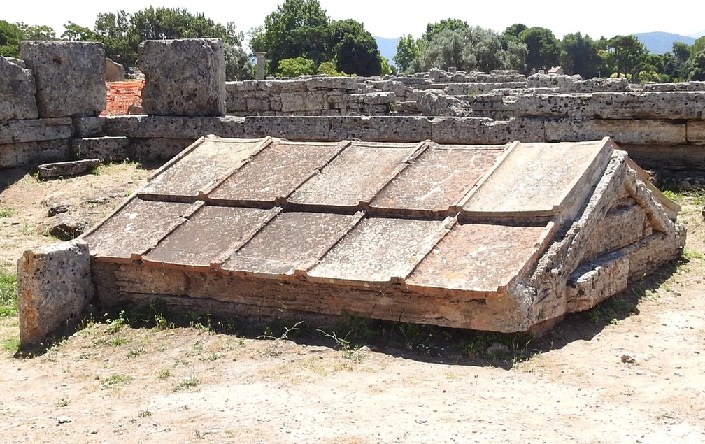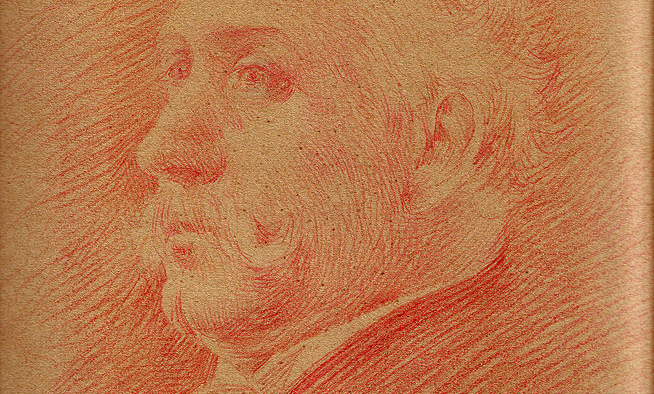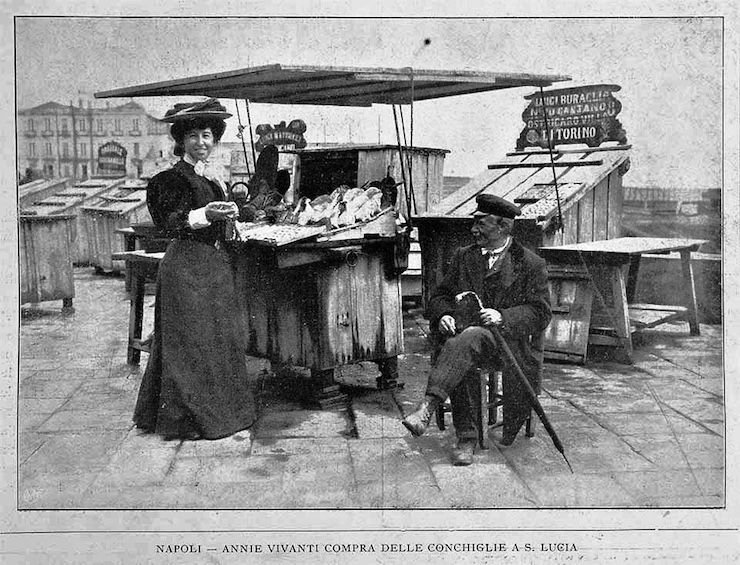
Annie Vivanti – What is your country and what your faith?
Annie Vivanti was a celebrated writer in her own day, and her works were translated across Europe. Her poem “ego” (used in the sense of “I”), caught my attention. It appeared in her first collection of poems and captures the orientations of youth. She is not yet twenty when she writes it, and she uses it to introduce herself and her poetry. Yet she lives in a world in which she doesn’t fit. The world’s boxes are not designed for her, and the world struggles to find the right pigeonhole in which to put her. As the poem which follows makes clear, it is a process which she resists. Of course the problem is not hers, it is the world’s.
EGO.
I.
O Mondo, vecchia guardia doganale,
Farai l’obbligo tuo da buon cristiano:
Giusta e severa sia la tua condanna,
Chè non ti voglio dar la buona mano!
O World, old Customs Officer,
You’ll do your duty as loyal soldier,
Just and severe are you in condemning,
For this, my helping hand you’ll not receive.
Sono in contravvenzione, o Mondo astuto.
Volea truffarti con la merce mia:
Non è tabacco, sigari o liquori,
Nulla di spiritoso: è poesia!
O clever World, I am all wrong.
I would deceive you with my wares:
Not tobacco, cigars or liquor,
Nothing so diverting – just my rhymes!
Il Mondo ha spalancato i suoi mille occhi,
E “Chi sei tu? mi grida: e “cosa fai?
Dimmi la fede tua, l’età, la patria,
Che cerchi, donde vieni e dove vai!”
The World has opened wide its thousand eyes,
“And who are you?” it shouts, “And your intentions?
Your faith, and age and country, tell,
From whence you come and where you wend?”
Del mio paese chiedi? Io ti rispondo:
Non ho paese: è mia tutta la terra!
La patria mia qual’è? Mamma è tedesca,
Babbo italiano, io nacqui in Inghilterra.
My country you ask? And I reply:
No home have I, but all the Earth is mine!
My native land? My mother’s German,
My father Italian, in England was I born.
E quale la mia fede? Io vado a messa;
La musica mi edifica e ricrea;
Ma sono battezzata protestante,
Di nome e di profilo sono ebrea.
My faith you ask? I attend the mass;
In edifying music I am reborn;
A protestant was I at the baptismal font,
Yet Jewish in both name and face.
Chiedi dell’età mia? quasi ho vent’anni.
E quale la mia meta? Ancor l’ignoro.
Che cerco? Nulla. Attendo il mio destino,
E rido e canto e piango e m’innamoro.
My age you ask? Not yet I’m twenty.
And what my aim? Still, I know it not.
What do I seek? Nothing, I await my destiny,
I sing, I laugh, I cry and fall in love.
E cielo e terra, paradiso e inferno
Sfioro coll’ali della fantasia!
Non chieder altro. — Impetuosa e strana
Per nuove vie fugge la vita mia.
And over Earth and Heaven, Paradise and Hell,
I skim upon the wings of fantasy!
Ask no more — Impetuous and strange
On new roads my life lies.
Fugge nel buio e crede nella luce.
L’anima fiduciosa e calma e forte
Ispirata mi guida. A che? — Si vive.
Quel gran problema scioglierà la morte.
by Annie Vivanti
It flees the darkness and hails the light.
A soul calm and strong and full of faith.
Inspiration guides me. Whither? — Life.
That great puzzle which unravels death.
translated by Michael Curtotti
“Ego” appears in her collection of poetry titled “Lirica”.
The following poem, also from the same collection, is personal in another sense. It captures a goodbye and its aftermath.
Via!
The train departs!
Il treno fischia e me lo porta via;
Io resto sola col mio gran dolore,
Tepida ancor la bocca de’ suoi baci,
Dalla sua stretta ancor fremente il core,
The train whistles, and takes him from me;
And left alone, burning pain my only friend,
Warm, still, his kisses on my lips,
My heart, still, races from his embrace.
Non piango. Muta, lenta, trasognata
Ritorno a casa; alla mia casa vuota!
Ed all’entrarvi un brivido mi coglie.
Sembrami quasi una dimora ignota.
No tears. Sluggish, silent, half asleep,
Home I go; to my empty home!
On entering a shiver clasps me.
It seems now a stranger’s place, unknown.
Sembrami di vagar, sognando, al buio,
D’aver paura e non poter gridare,
D’esser cacciata e non poter fuggire,
D’essere stanca e non poter sostare.
As if in a dream, I wander about in darkness,
In fear, but cry out, I cannot,
Hunted, but flee, I cannot,
Worn out, but rest, I cannot.
Sono rimasta co’ suoi baci in viso
E in cor lo strazio e la tristezza mia,
Con lo sconforto e con lo struggimento. —
Il treno fugge e me lo porta via.
by Annie Vivanti
I have been left, with his kisses on my cheeks,
With my broken heart, in misery,
With heartache and ill at ease. —
The train has fled, and taken him from me.
translated by Michael Curtotti


